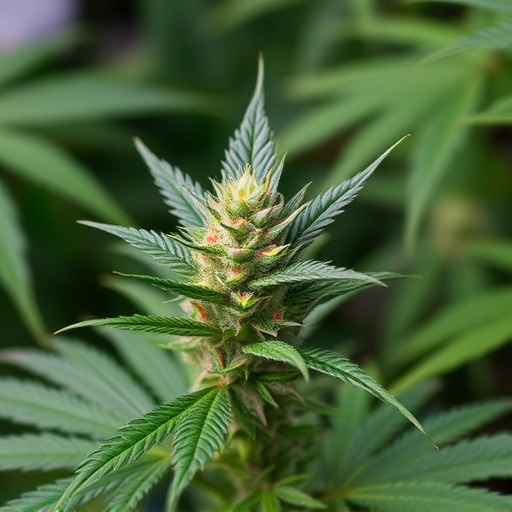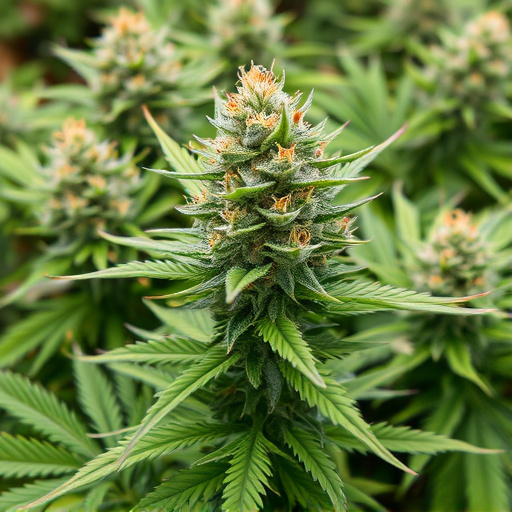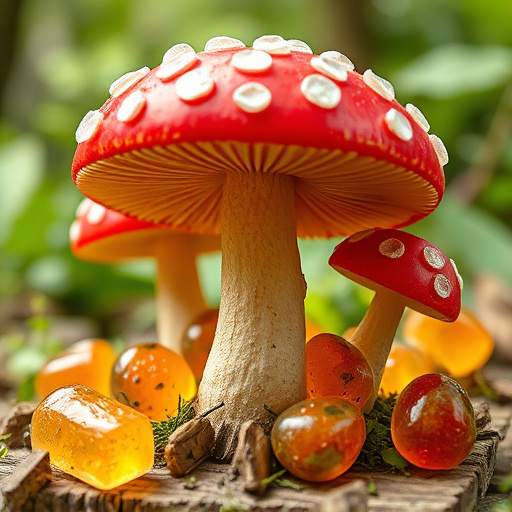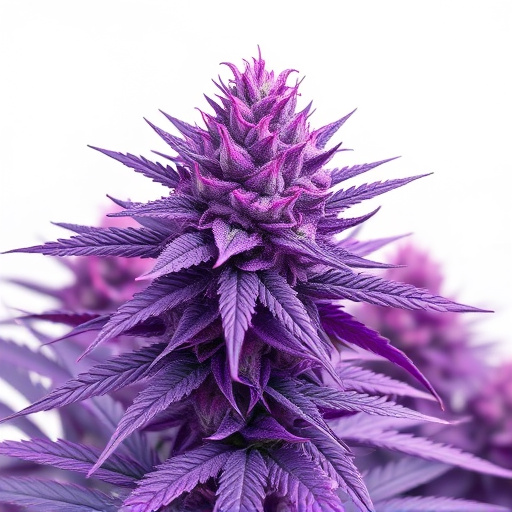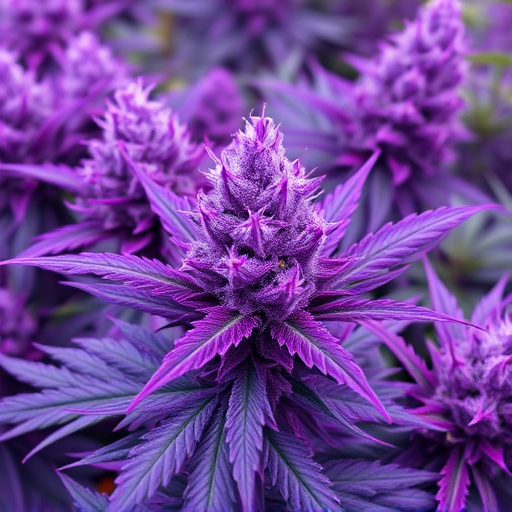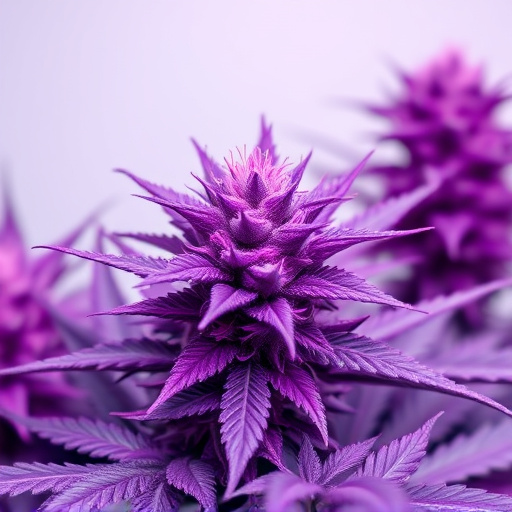Smoking potent purple strains of cannabis can negatively affect motor skills and coordination, with regular users facing difficulties in fine motor tasks due to THC's impact on cerebral cognition. High THC content can also significantly impair memory and concentration, particularly for younger users, potentially leading to learning and retention issues over time. While some claim creativity benefits, the negative cognitive impacts often outweigh these perceived advantages, especially with the risk of addiction.
“Unveiling the Side Effects of Smoking Weed: A Comprehensive Guide on Purple Strains
While purple strains of cannabis have gained popularity for their unique effects, it’s crucial to understand the potential risks associated with regular use. This article delves into the short-term and long-term health implications, shedding light on issues like impaired coordination, mental health disorders, and respiratory problems. We explore specific risks for teens, pregnant women, and individuals with pre-existing conditions, emphasizing the importance of awareness regarding these ‘purple’ effects.”
- Short-Term Effects of Purple Cannabis Strains
- – Diminished motor skills and coordination
- – Impaired memory and concentration
Short-Term Effects of Purple Cannabis Strains
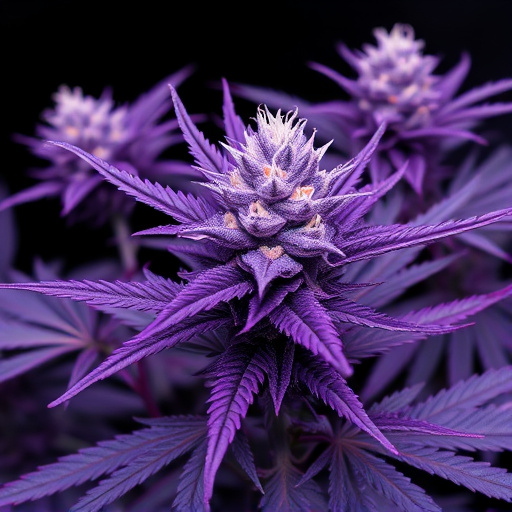
The short-term effects of consuming purple strains of cannabis can vary depending on individual tolerance and dosage, but they often manifest in a unique blend of physical and mental sensations. Users may experience heightened sensory perception, characterized by vibrant colors, enhanced flavors, and an overall intensification of their surroundings. This is partly due to the high levels of myrcene, a terpene known for its soothing and sedative properties, commonly found in purple strains. Additionally, these strains can induce a state of relaxation and euphoria, making them popular choices for evening or night-time use. However, short-term effects also include cognitive impairment, affecting memory, concentration, and decision-making abilities, which can be more pronounced in users who consume higher amounts.
Breathing issues are another potential side effect, with some individuals reporting coughing fits and respiratory irritation, especially if the cannabis is smoked without proper filtration. The heart rate may also accelerate, leading to a temporary increase in blood pressure. While these effects are generally considered mild and reversible, chronic or excessive use of purple strains could lead to more severe consequences, particularly for individuals with pre-existing health conditions or those who start using at a young age.
– Diminished motor skills and coordination

Smoking weed, especially potent purple strains of cannabis, can negatively impact your motor skills and coordination. Studies have shown that regular users may experience difficulties with fine motor tasks, such as buttoning a shirt or handling small objects, due to the drug’s effects on cerebral cognition. These impairments can be more pronounced in individuals who start using at a young age or consume high-THC content varieties.
The impact on motor skills isn’t merely hypothetical; it’s backed by scientific research. Users may notice a decline in their ability to perform everyday tasks requiring dexterity and balance. This is largely attributed to the way THC interacts with the brain, affecting coordination and reaction times. As such, it’s crucial for both new and experienced users to be mindful of these potential side effects, especially when exploring potent purple strains of cannabis.
– Impaired memory and concentration

Smoking weed, or using cannabis, can have a significant impact on cognitive functions, particularly memory and concentration. Studies have shown that regular marijuana use, especially with higher concentrations of THC found in modern purple strains of cannabis, can impair short-term memory and attention span. These effects are more pronounced in younger users as their brains are still developing. The substance can disrupt the communication between neurons, affecting how information is processed and stored.
Over time, chronic cannabis use may lead to difficulties in learning new tasks and retaining information. It can make simple activities like reading or following a conversation more challenging. While some claim that cannabis enhances creativity, its impact on memory and concentration often outweighs these perceived benefits, especially when regular usage becomes an addiction.
While the recreational use of marijuana is becoming more normalized, it’s crucial to understand that the short-term effects of purple strains of cannabis can include impaired motor skills, memory, and concentration. These adverse impacts highlight the need for responsible usage and further research into the long-term consequences, especially as the popularity of these powerful strains continues to rise in today’s digital era.

